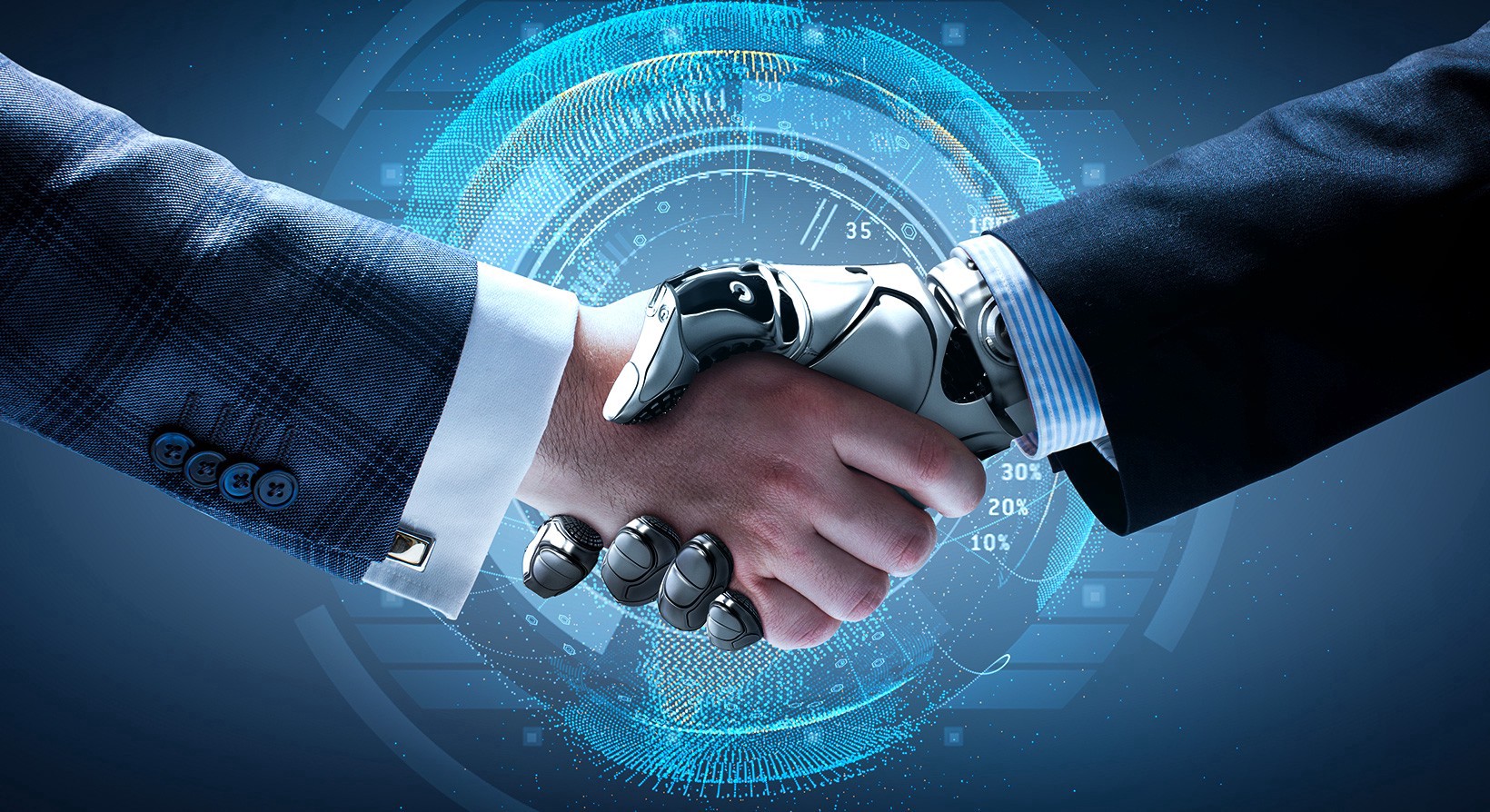Artificial Intelligence (AI) is rapidly changing the way we work, interact, and conduct business. With its ability to automate tasks, analyze vast amounts of data, and enhance decision-making, AI is becoming an essential tool across industries. But what does this mean for the future of jobs? Will AI create more opportunities, or will it replace human workers? Let’s explore how AI is shaping the job market and what tools will be essential in the coming years.
The Importance of AI in the Future
AI is not just a passing trend; it is a revolutionary technology that will define the future. Here’s why AI is crucial:
- Automation & Efficiency: AI-powered automation reduces the need for manual work, making processes faster and more efficient.
- Improved Decision-Making: Businesses use AI to analyze data and predict trends, leading to better strategic decisions.
- Enhanced Creativity: AI is not just about automation—it also assists in creative processes such as content generation, video editing, and marketing campaigns.
- Personalization: From e-commerce to education, AI tailors user experiences to individual preferences, improving engagement and satisfaction.
The Impact of AI on Jobs
AI is reshaping the job market, but instead of simply replacing jobs, it is creating new opportunities. Here’s how AI is influencing different sectors:
1. New Job Opportunities
AI is generating new roles that didn’t exist a decade ago, including:
- AI Ethics Specialists
- Data Scientists
- AI Trainers & Prompt Engineers
- AI-assisted Customer Support Professionals
- Automation Engineers
2. Skill Shift & Workforce Adaptation
As AI takes over repetitive tasks, employees will need to focus on:
- Critical Thinking & Problem-Solving: AI can process data, but humans will still be needed for strategic decision-making.
- AI & Data Literacy: Understanding AI tools and how to work with data will be crucial.
- Creativity & Emotional Intelligence: AI lacks human empathy and creativity, making these skills invaluable.
3. Transformation Across Industries
AI is already making a significant impact in various industries:
- Education: AI-driven tutors and personalized learning experiences.
- Healthcare: AI-assisted diagnostics, robotic surgeries, and predictive healthcare.
- Marketing: AI-driven content creation, predictive analytics, and customer sentiment analysis.
- Finance: AI-based fraud detection and automated investment strategies.
- Business Operations: AI-powered chatbots, supply chain automation, and HR automation.
AI Tools for the Future Job Market
To stay competitive, professionals and businesses must embrace AI-powered tools. Here are some of the most promising AI tools that will shape the future workforce:
- ChatGPT & AI Writing Assistants – For content creation, brainstorming, and automation.
- AI-powered CRMs – Tools like Salesforce Einstein and HubSpot AI improve customer relationship management.
- AI Video & Image Generators – MidJourney, RunwayML, and Pika Labs enable creative professionals to enhance visuals.
- AI for Data Analysis – Tableau AI, IBM Watson, and Google AutoML help businesses analyze trends and make data-driven decisions.
- AI in Recruitment – Platforms like HireVue and Pymetrics streamline hiring processes.
Preparing for the AI-Driven Future
To thrive in the AI era, professionals should:
- Upskill in AI-related fields such as machine learning, data science, and automation.
- Stay Adaptable by learning to work alongside AI tools.
- Leverage AI to enhance productivity rather than fearing it as a job threat.




